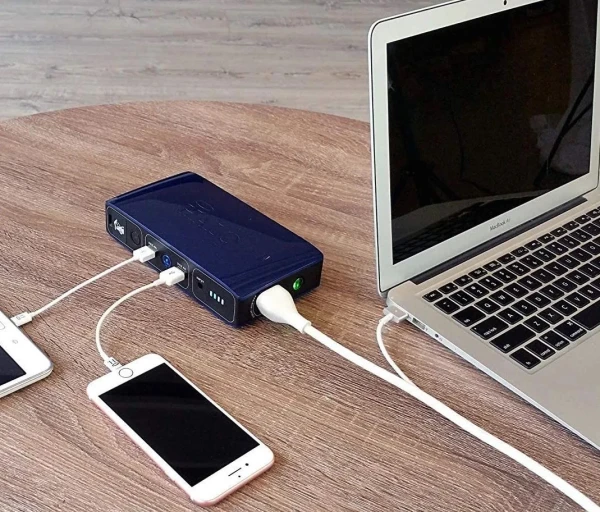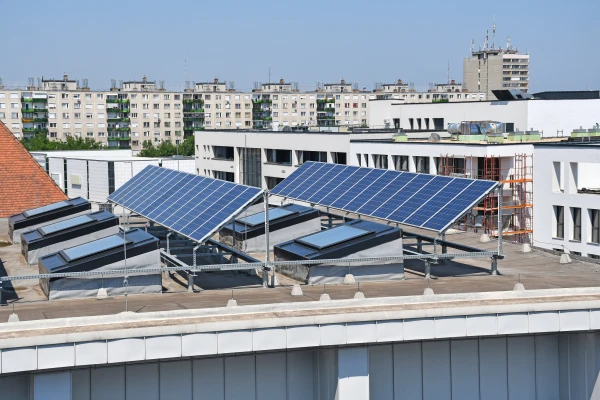
Just remember a few nuances.
In the era of remote work, laptops have become the main tool. They are turned on in the morning and remain on the desk all day, sometimes even all night, connected to the power supply without interruption. But is it okay to keep a laptop plugged in all the time?
According to BGR, yes. Modern models are designed to withstand constant connection, but there are still nuances to keep in mind. If the laptop overheats significantly, it means the battery is suffering. In such cases, it’s better to unplug it, let the device cool down, and avoid keeping it on unnecessarily.
The main difference between modern laptops and older ones is the type of battery and smart power management. The adapter with a black box regulates the voltage, and the battery itself uses a trickle charging mode to avoid overload. This means that when the laptop reaches 100%, power is supplied only to maintain that level, rather than to “overfill” it with energy.
However, much depends on how you use the device. If it’s for office tasks, browsing, or working with documents, then the load is minimal, and constant connection to the power supply is safe. But if you are pushing the system with something heavy, the battery and power supply are working at their limits.
Constant heat and high energy consumption accelerate wear, so it’s better to occasionally unplug the cable and give the laptop a break.
Another tip is to avoid overheating and overcooling the device. Direct sunlight, working on a blanket—all of this shortens the battery’s lifespan.
It’s also helpful to turn off the laptop at night when it’s not in use and to occasionally work from the battery to prevent it from “sticking” at one charge level. Windows 11 offers built-in power-saving modes, which should also be utilized.
And be cautious with voltage fluctuations. During thunderstorms, power surges, or outages—unplug the laptop from the power supply. Using a quality surge protector or UPS is a good safeguard.















Leave a comment